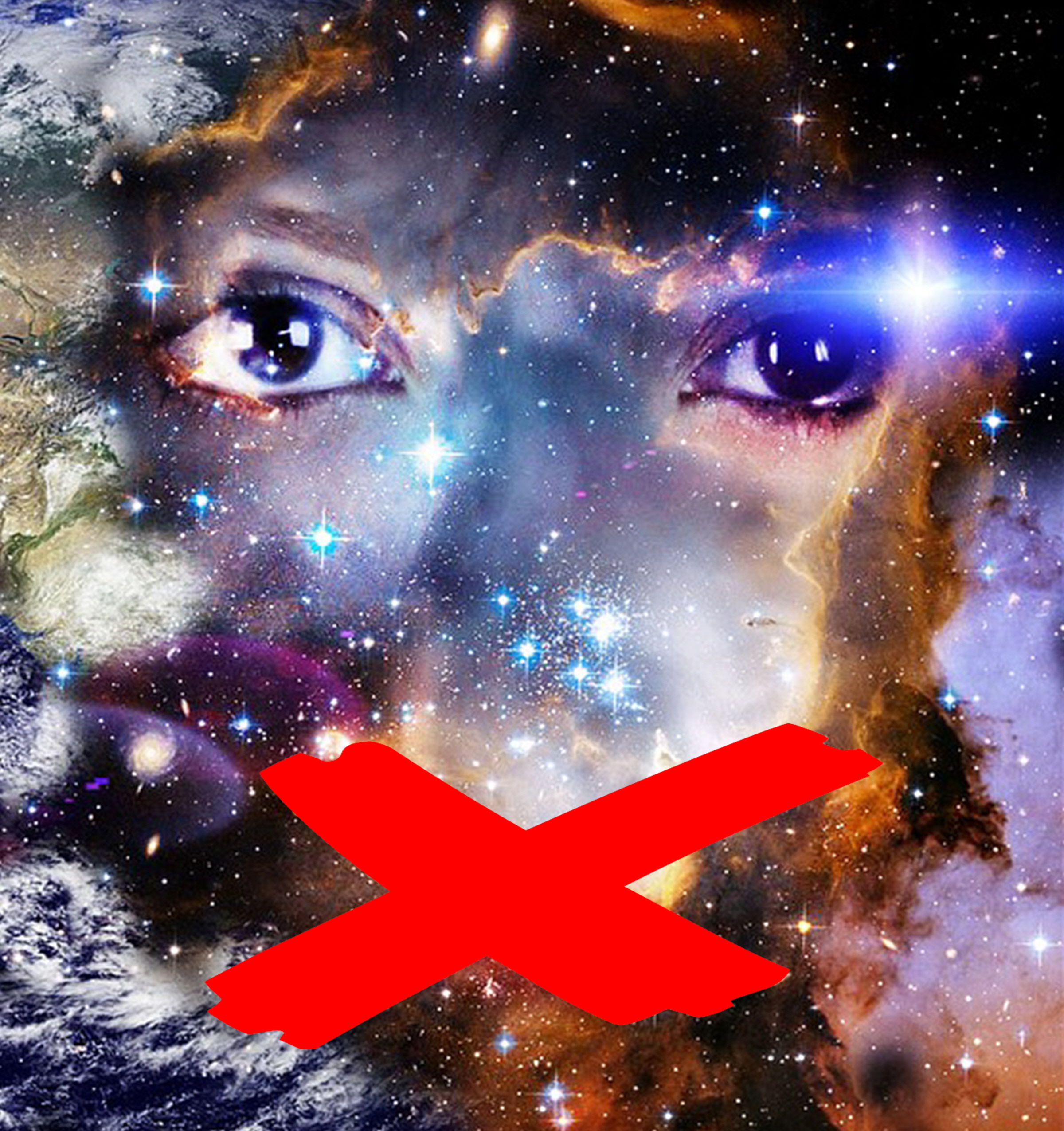 Submitted by Sri on
Submitted by Sri on

Derivative Images
Currently all forms of spirituality and metaphysical thought have become subject to the whims of cancel culture and bloated media censorship which try to toss it into the garbage bin of non-reality craziness.
*****
Nowadays, we are forced to live in a world where there are no barriers, in which the global exchange of information and communications between people have already become a daily occurrence. On the other hand, we live in a multicultural society, where a lot of people; who belong to different cultures, speak different languages and have different religion; are living in one country or in one region. In these circumstances, it is not easy to answer the following question, even if we live in an idyllic society: "what are the Universal standards of social justice which can regulate our different interests and values?"
Metaphysics has developed by the methodology of ‘Logos’, which is the logic of critical dialogue between two individuals, derived from endless questioning and answering. As in case of Plato’s way of dialectic, or Descartes’ method of doubt, this dialogue to seek only one truth will not accomplished so easily, because it is quite impossible to reach the final point of thinking where we can see the substance of the single absolute truth. This critical way of metaphysics values the seeking for the only truth as such, instead of the possession of the absolute truth. This is also tradition of philosophical way of criticism, revealed especially by the radical thoughts of Socrates, Kant, Nietzsche, Kierkegaard, etc. On the other hand, another philosophical tradition survived, I know of course, in the thoughts of Aristotle, Thomas, Hobbes, Hegel and other German Idealists, or modern positivists that aim to complete the system of ideas.
Metaphysical liberalism is no other thing than the layout of philosophical way of thinking or attitude that anyone may have and should have, so far as we respect the possibility of our own independent living without being controlled by any force of authorities. The layout will be drawn mainly as three basic standpoints:
(1) Critical Agnosticism; (2) Methodological Falsificationism; (3) Pluralistic Universalism.
Critical Agnosticism
If one criticizes the metaphysics as if it claims the comprehensive monism, which leads us to a fearful totalitarianism, he indicates the systematic philosophy of Thomism and Hegelism. All ideological belief-systems, that Popper regarded as a version of holism, such as Marxism, fascism, technocracism, religious fatalism, eschatology, etc., are objected by our liberal and critical thinking. On the contrary, metaphysical liberalism supports the following principles: “Every kind of knowledge is not absolute and eventual.” We can never grasp all meanings of our world, history, and human nature as such." Every theory and system of knowledge has its own limitation and the possibility of falsification in itself.
True liberalism requests people of self-critical and communicative attitudes to conceive the following: (1) we should clear our own limit of knowledge, theory, opinions, and systems. (2) We should be always ready for accepting any criticism. (3) We should recognize the existence of our ‘outside world’ or ‘transcendence’, which our worldview can never reach, and respect its value or originality by listening to them. Hence, the critical attitude of liberalism cannot help support the philosophical agnosticism as self-criticism or the critical dualism, instead of adopting the monistic unification of subject and object in our mind-reflection. The philosophers of self-criticism just as Kant, Max Weber, Wittgenstein, could keep this principle of agnosticism, by evaluating the limit of their own method or system of knowledge for themselves.
Methodological Falsificationism
Regardless of the genre of science, all theories and methods which cannot accept any falsifications at all, are rejected by liberalism, as ‘dogma’ itself. Hegelism, Darwinism, modern positivism, structuralism, system-theory, cybernetics, or psychoanalysis of Freud school, are good examples containing the dogmatic attitude. Furthermore, liberalists ought to deny all attempts to reduce any phenomena or facts in relation to a single principle or method, just as the transcendental phenomenology by Husserl.
For, behind the theory which aim to possess the perfect validity, there must be an endless trust and attachment to the perfection of the theory. Theoretical Verificationists are subject to exclude ‘another’ standpoint as a trivial exception, without utilizing it as an objection or an alternative, which may be a good means to reflect themselves and admit that they made a mistake or faced the limit of the theory. Thus, they no longer ask themselves whether their own theory is only one of the various choices or not.
This lack of self-critical attitude is, for the liberalists, to be mostly avoided as the snobbish one found in our daily life. Practically, the attitude of falsificationism is much more valid than that of verificationism. For instance, when we submit a plan for business, we had better not solely complete the perfect plan based on verificationism and say: "We have to constantly take care for fear that we might make a mistake." But, we had better go on the imperfect plan with trial and error, and say: "We should consider how to deal best with mistakes". The latter is also an assurance of liberalism, under which the individual thoughts are always open to the possibility of creation.
Pluralistic Universalism
However, the standpoint of critical agnosticism or, in other words, anti-holism does not admit the relativism of values at a time, in which you often say "Anything goes ". As long as the metaphysical way of thinking aims at the final truth, it is indispensable to bind different values and truths, making much effort to realize the comprehensive consensus between people. This is because the perfect relativism proposed by post-modernism, that every kind of standpoint is recognized and there is no struggle among them, is unreal both theoretically and practically. That is to say, unless the imperialism of thoughts, that forces upon the compulsory and dogmatic truth, would vanish, and we would not expect the co-existence of all standpoints. Even if there is no such idealistic situation, it rarely happens that in a common realm where we live together we cannot do without dispute about the justification of each different idea.
Here the metaphysical liberalism based on the critical way of thinking, does not give up holding the intention of aiming at the comprehensive truth, respecting the originality of individual thoughts and values at the same time, by comparing and examining their truthfulness. There, we must not give any advantage over some special viewpoints, but we have to prefer a tolerant attitude that we should listen to another one’s truth and take account of it. Therefore we are demanded the truth built not by a pyramid-type of hierarchy system but by a flat type of networks or discussions, in which many different kinds of truths communicate with each other and seek the consensus points voluntarily. Then all standpoints and claims that contain no such tolerant attitude must be criticized as anti-liberal. Without this presupposition, the true multiculturalism or cosmopolitanism is impossible. This intention to the universal truth from recognition of various truths will be an indispensable condition to maintain our liberal living space.
*****
Hence, the Metaphysical Liberalism requests the abolition of all customs and every kind of censorship, which can distort the individual freedom of thought and speech.
Shuji Imamoto
Yotsuya Gakuin College
imashu@mb.infoweb.ne.jp
https://www.bu.edu/wcp/Papers/Poli/PoliImam.htm
Excerpts posted for informational/educational purposes only.
- 351 reads